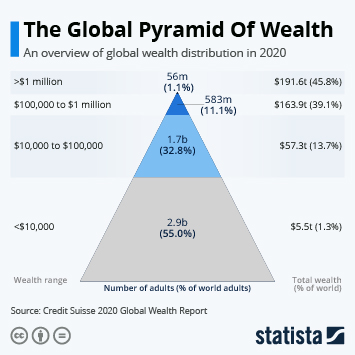The power of compounding can greatly benefit those looking to build wealth through investing. It is essential to understand the advantages of compounding and select the appropriate investment vehicle. While direct stock investing may be tempting, mutual funds offer specific benefits that can accelerate your investment growth. This blog will discuss why mutual funds excel over direct stock investing in harnessing the power of compounding.
When it comes to compounding, mutual funds, and direct stock investing have different levels. With direct stock investing, your investments grow over time as you earn returns from dividends and capital gains. This is called basic compounding or level 1 compounding, where you earn returns on both your initial investment and the accumulated returns. Let’s take an example to illustrate this: Suppose you invest Rs. 1,00,000 in a stock. After one year, it grows by 10% and becomes Rs. 1,10,000. In the second year, it grows by another 10%, resulting in Rs. 1,21,000.
Mutual funds harness the power of pooling money from numerous investors, allowing you to tap into the advantages of compounding on a grander scale. Rather than going it alone, you join forces with others, contributing your funds to a collective investment vehicle. This approach opens doors to larger and more diversified opportunities that an individual investor might find challenging to access independently. With professional expertise at the helm and the economies of scale that come with pooled resources, mutual funds provide a strategic avenue for growing your wealth through compounding over time.
Over time, the fund increases in value by reinvesting its earnings, such as dividends and capital gains, into more shares. This helps to boost the compounding effect.
Mutual funds provide the opportunity to access better investments and lower transaction costs, which can potentially lead to higher returns. It allows people to pool their money and benefit from combined resources for increased returns.
As a result, there are higher returns due to economies of scale, diversification, and professional management, which enhance growth potential for all involved as opposed to investing directly in individual stocks.
Happy Reading & Happy Investing!!!
Viralkumar Shah (Certified Financial Planner CM – USA, Financial Happiness & Wellness Coach)
Author – Financial Planning Sahi Hai! – Keep Your Life Organized




